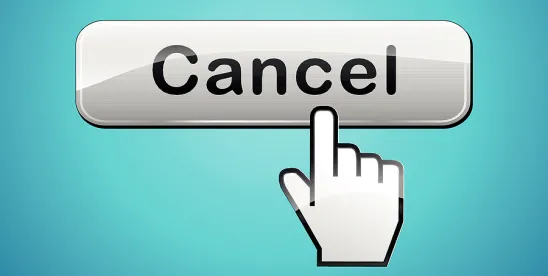On October 16, 2024, the Federal Trade Commission (FTC) issued a new rule, referred to as the “Click to Cancel” rule, which is intended to make it easier for consumers to cancel recurring subscriptions and memberships.[i]
Automatic renewal programs dominate a lot of our world today. Most operate using a negative option program, which means a consumer’s failure to take action, such as canceling or opting out, is interpreted as consent to continue a service or subscription. While the process negative option/auto renewal process has historically been popular for gym memberships, magazines and entertainment services, it is now being used across a variety of consumer relationships that rely upon a subscription based model, e.g., lifestyle products (e.g., FabFitFun), meal deliveries (e.g., Factor), clothing (e.g., Stitch Fix), and even chiropractic services (e.g., The Joint Chiropractor).
However, this expansion has not come without growing pains. FTC Chair Lina M. Khan found that consumers were often tricked and/or misled into paying for subscriptions they no longer wanted or, even worse, never signed up for in the first place.[ii] Each year, the FTC receives thousands of complaints about, among other things, the numerous hoops consumers must jump through just to cancel a subscription.[iii] The FTC reported that “the number of complaints has been steadily increasing over the past five years and in 2024 the [FTC] received an average of nearly 70 consumer complaints per day, up from 42 per day in 2021.”[iv]
In response, the FTC amended its Negative Option Rule. Businesses who do not comply with the updated rules will be subject to civil penalties.[v] The majority of the provisions of this rule will go into effect 180 days after it is published in the Federal Register, while others will go into effect 60 days after publication.[vi] As of the date of this article, the rule was not yet published in the Federal Register. The rule does not preempt state laws that are more protective of consumers.[vii]
A few major takeaways of the new rule, which applies to almost all negative option marketing (e.g., B2B and B2C),[viii] include:
- Simple method of cancellation: The cancellation must be as easy as the sign up and offered through the same method.[ix] If consumers were able to sign up online, businesses cannot require them to talk to a representative (live or virtual) to cancel.[x] Consumers must be able to cancel on the same website, in the same number of steps.[xi]
- No material misrepresentations: Businesses may not mislead consumers about any important aspect of the offer (e.g., terms of the negative option program [i.e., amount and frequency of billing and when free trials or promotional offers end], the purpose or efficacy of the product or service, etc.).[xii]
- Consent prior to charging: Businesses must be able to demonstrate that customers fully understood what they were signing up for before they were charged. Exact proof of consent, which should be maintained no less than three years, can vary (e.g., checkbox or signature).
In conclusion, it is important for businesses who currently offer, or are considering offering, automatically renewing subscription-based goods or services to contact legal counsel for assistance.
FOOTNOTES
[ii]Id.
[iii] Id.
[iv] Id.
[vi] Id.
[vii] Id.
[viii] Id.
[ix] Id.
[x] Id.



 />i
/>i
